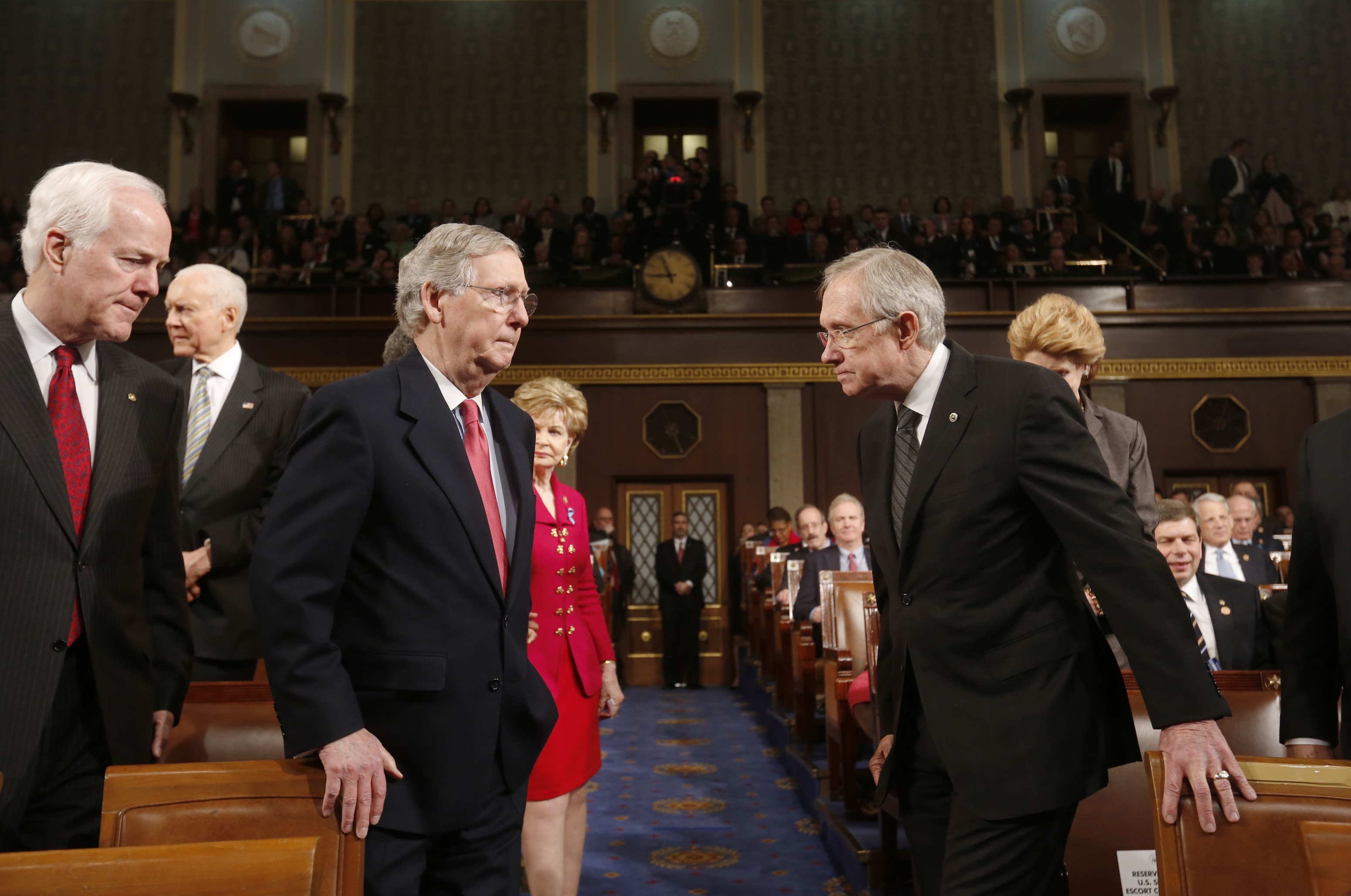
House Republicans on the Intelligence Committee have assembled a memo said to accuse officials from the F.B.I. What began as a bipartisan effort to get to the bottom of Russia’s brazen meddling in the 2016 presidential election has devolved in recent weeks into partisan warfare, particularly in the House. Then there is the matter of the investigations into possible collusion between Russia and the Trump campaign. The divide has been deepened as a half-dozen Democratic senators consider a White House run in 2020. Trump on the left has empowered Democratic lawmakers to refuse to deal with the Republican president. That impediment to compromise has now been joined by a similar dynamic in the Democratic Party, where a visceral hatred of Mr. Republicans feel that Congress was elected with a mandate to bring about change, so what had been a kind of pre-existing edgy relationship has simply gone viral.”įor most of the Obama presidency, Republican leaders were vexed by a dwindling center and an expanding group of hard-right lawmakers who would accept no negotiations with the Democratic president. “It has made Democrats feel that they are under a very heavy obligation to defend the norms and the institution. “It’s something that I think has only become more intense, more conspicuous, because of the outsize personality and idiosyncrasies of President Trump,” Mr. Trump and Mike Pence, his former vice president, reveals Republicans’ enduring divisions.

Trump’s sweeping budget proposal to reorder government was simply ignored. Last year’s futile efforts to repeal the Affordable Care Act soured many conservatives. The three-day shutdown this month over immigration came and went so fast that even many Democrats saw no point in it. This is often caused by an increased polarization of the two major parties in power.The dysfunction has played out in ugly and puzzling ways. Often, compromises are called bipartisan if they reconcile the desires of both parties from an original version of legislation or other proposal, and often, bipartisanship is referred to "meeting in the middle." This interpretation brings bipartisanship closer to the more applied notion of postpartisan decision-making, a solution-focused approach that creates a governance model with third-party arbiters used to detect bias.įailure to attain bipartisan support in such a system can easily lead to legislative gridlock, with each side angering the other, their constituencies and the general public. In a two-party system, like in the United States, bipartisan typically refers to any bill, act, resolution or any other action of a political body in which both of the major political parties, Republicans and Democrats, are in agreement.



Bipartisan is defined as "relating to or involving members of two political parties."


 0 kommentar(er)
0 kommentar(er)
